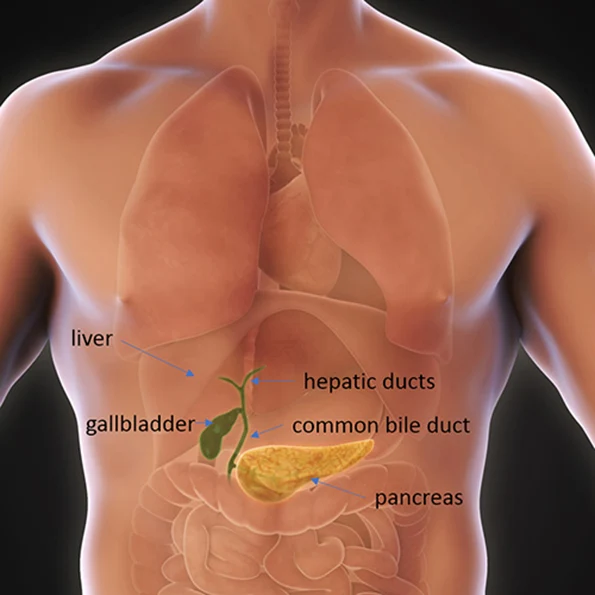1. Surgery Overview
Cholecystectomy is the surgical removal of the gallbladder, typically performed to treat gallstones, gallbladder inflammation (cholecystitis), or gallbladder dysfunction. The procedure can be done in two main ways:
Laparoscopic cholecystectomy (minimally invasive, using small incisions and a camera) – the most common method
Open cholecystectomy (through a larger abdominal incision) – usually reserved for complicated cases
2. Type of Anesthesia
Cholecystectomy is performed under general anesthesia, ensuring the patient is fully asleep and pain-free during the surgery.
3. Possible Risks and Complications
Infection
Bleeding
Injury to surrounding organs (such as the bile ducts, intestines, or liver)
Bile leakage
Blood clots
Digestive changes, such as diarrhea or bloating
In rare cases, persistent abdominal pain
4. Hospital Stay Duration
Laparoscopic surgery: Usually 1 day or same-day discharge
Open surgery: Typically requires a hospital stay of 2 to 5 days, depending on recovery
5. Important Post-Operative Car
Gradually resume a normal diet, starting with light foods
Avoid heavy lifting or strenuous activity for a few weeks
Keep the surgical area clean and dry
Watch for signs of infection (fever, redness, or discharge at the incision site)
Take prescribed medications as directed for pain and inflammation
Attend follow-up appointments to monitor healing

